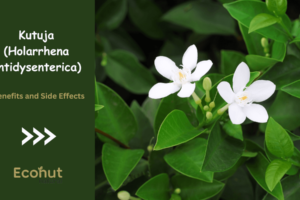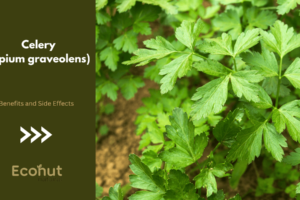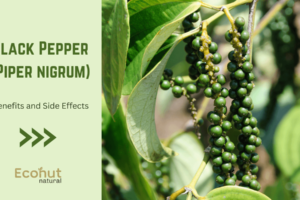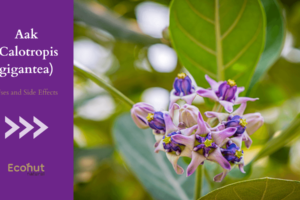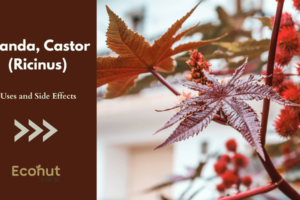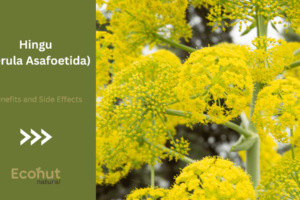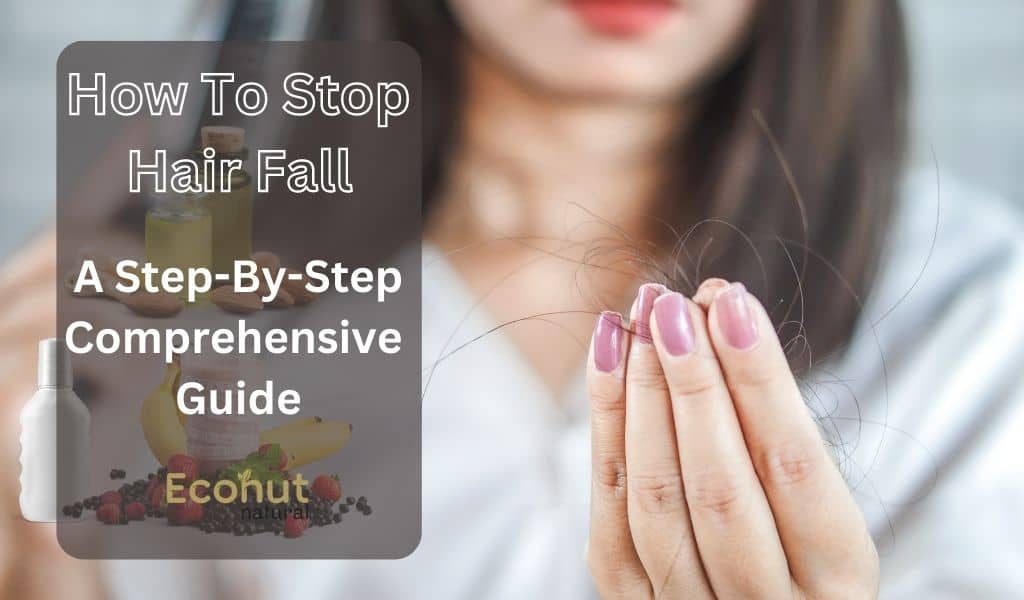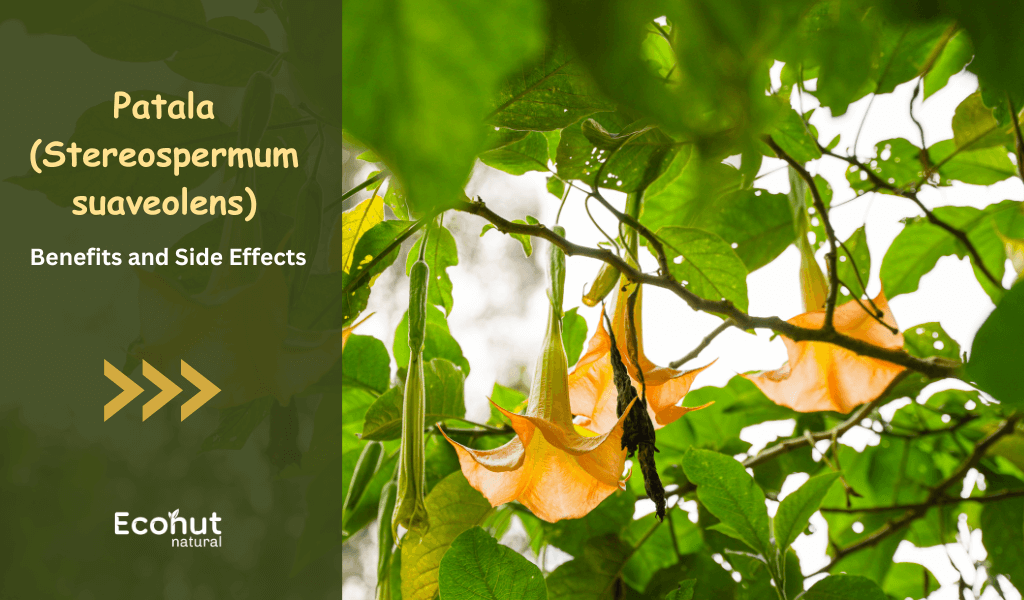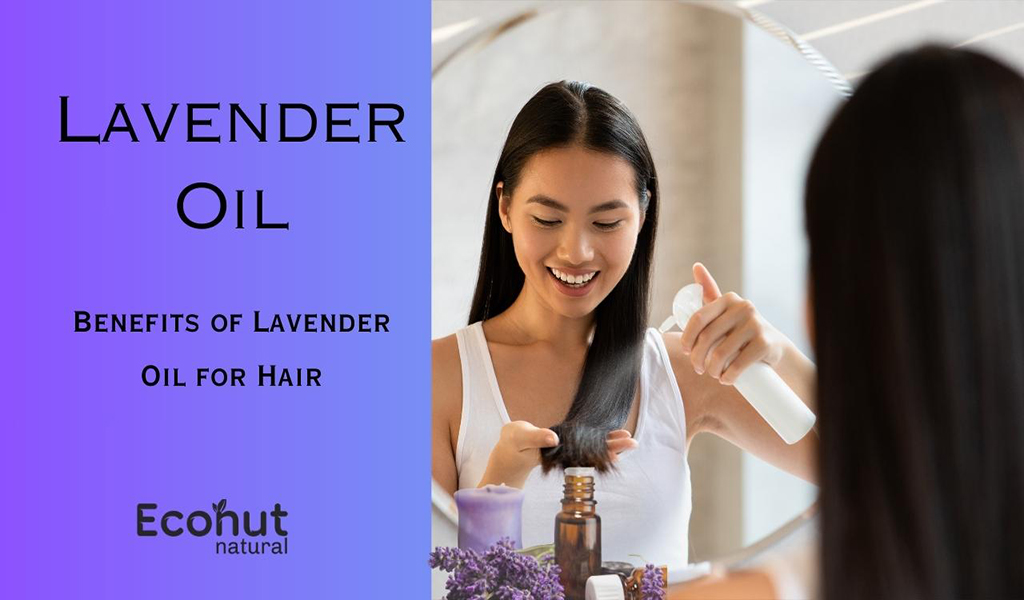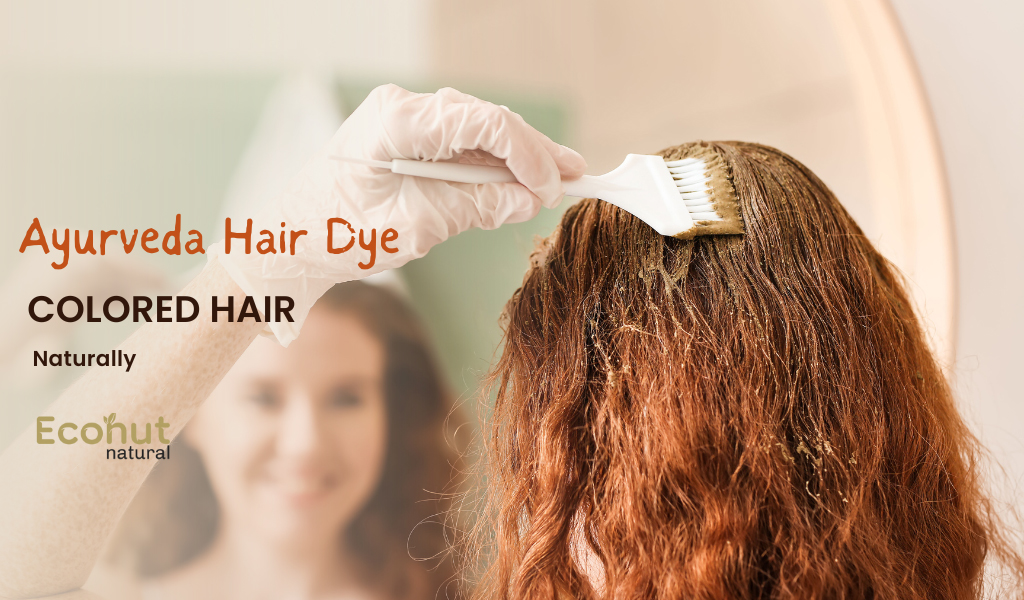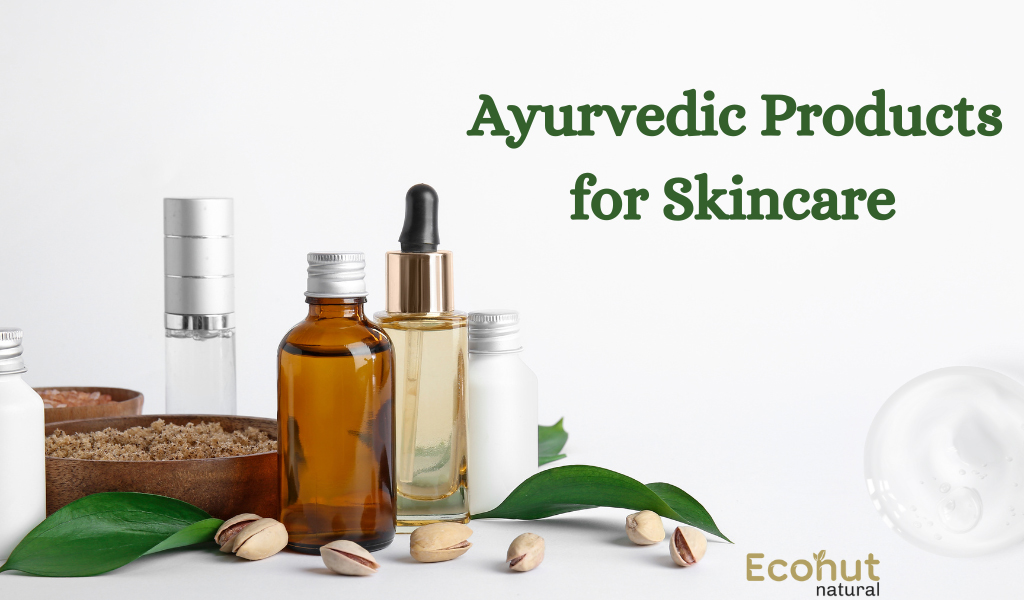The hair loss can be a frustrating problems, causing anxiety and low self-esteem, especially in women. How to stop hair fall can be answered if properly diagnosed.
A full, healthy head of hair is essential to appearance and self-esteem. Addressing the root cause is the most effective strategy for delaying or preventing hair loss. Hair loss can sometimes be temporary. It can be brought on by childbirth, surgery or other significant stress.
Some people are concerned about their hair loss. Depending on cause of hair loss, certain procedures and treatments can help strengthen or How to stop hair fall. Rapid hair loss indicates an underlying health problem. Food choices, environmental stress, lifestyle and pollution are all causes of hair loss.
Excessive hair loss can be a frustrating problem, causing anxiety and low self-esteem, especially in women. How to stop hair loss can be answered if properly diagnosed. Hair loss can be reduced with some natural and effective home remedies to prevent hair breakage.
What is Hair Fall?
The scalp has 100,000 hairs that go through cycles of growth, rest, shedding, and regeneration. Before generating the next strand of hair, each hair follicle on the scalp goes through a resting period. During this stage, hair falls out. As a result, it is not uncommon to lose up to 100 hairs every day.
The issue arises when this cycle is interrupted or when the hair follicle is injured. Hair begins to come out quicker than it regenerates in such circumstances, resulting in hair loss issues such as thinning hair, uneven hair loss, or overall thinning.
Hair grows everywhere on human skin, except for the palms of our hands and the soles of feet, as well as eyelids and belly buttons, although many hairs are so thin that they are almost undetectable. The Hair is made up of the protein keratin, which is formed in hair follicles in the outer layer of the skin.
Old cells are pushed out of the skin’s surface at a rate of about six inches per year while follicles produce new hair cells. Visible hairs are threads of dead keratin cells.
At any given time, about 90% of the hair on a person’s scalp is growing. Each follicle has its own life cycle, which can be affected by age, illness and other variables. This life cycle is divided into three phases Anagen, Catagen and Telogen.
Top Hair Fall Causes
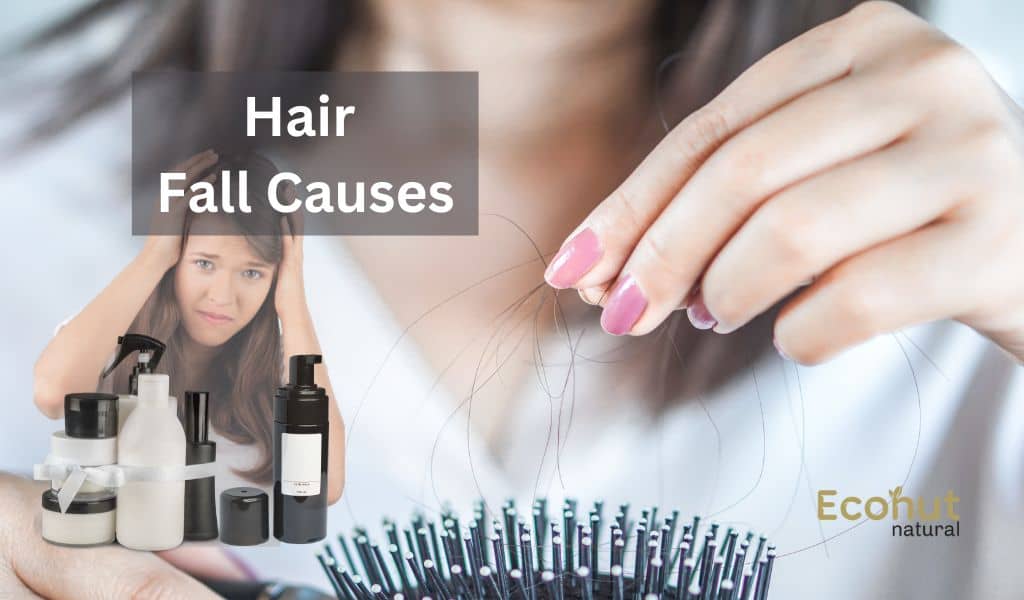
Hair loss can occur for a variety of causes, including hair loss, baldness, and hair thinning. Hair loss is often a side effect of a health condition that has to be addressed and will correct itself if the health problem is appropriately addressed. If you are experiencing hair loss or baldness, it is important to consult a dermatologist to determine the cause of the problem and how to halt the hair loss or renew the growth.
This is the most prevalent cause of hair loss in both men and women. It is known as male pattern hair loss in males. Female pattern hair loss is a condition that affects women. The medical word for this condition, whether it occurs in males or women, is androgenic alopecia.
There are various reasons for hair falls. These are following main reasons which can affect hair loss:
1. Cosmetic Procedures
Frequent washing, perms, bleaching, and hair coloring can all contribute to general hair loss by making the hair fragile and brittle. Tight braiding, the use of rollers or hot curlers, and dragging hair picks through tight curls can all cause hair damage and breakage. These procedures, however, are unavoidable.
When the source of the problem is eliminated, hair usually grows back regularly. However, significant hair or scalp loss can sometimes result in permanent bald patches.
2. Hormonal Imbalance
Excess androgens, or male sex hormones, and hormonal imbalances are the most prevalent causes of androgenetic alopecia. Androgens have a role in both male and female pattern baldness.
Androgens can damage hair follicles in female-pattern baldness, resulting in excessive shedding. Estrogen-related changes, such as birth control usage or menopause, may enhance androgen sensitivity.
Male pattern baldness, on the other hand, is associated with an increase in an androgen known as dihydrotestosterone (DHT). DHT not only attaches to hair follicles and hinders hair growth, but it can also diminish hair life in general. This is also known as androgenetic alopecia.
3. Lack of Protein
Protein insufficiency is a major cause of hair loss. If there is insufficient protein in the diet, the body will break down more protein. This deprives the hair of the protein it need to develop and stops keratin from flowing into the hair. Consuming extra protein and necessary fats is a hair growth advice.
Hair development slows in a protein-deficient body. Hair begins to come out after around 2 to 3 months. Including additional meat, eggs, fish, nuts, seeds, and legumes in your meals will help you get more protein.
4. Stress
Hair loss can be caused by significant stress, such as an illness or surgery that puts the body and mind under duress. Many persons suffer from severe telogen effluvium, in which up to 70% of hair follicles enter the resting (telogen) stage, as opposed to the estimated 10% to 20% of hair follicles that ordinarily enter the telogen state.”
Severe telogen effluvium can be caused by emotional stress. Significant emotional stress can disrupt regular cycle of hair growth while dealing with life-changing events such as divorce or breakup, bankruptcy or other financial troubles, losing a house, or the loss of a loved one. This form of hair loss is generally transitory, and hair growth returns as the stress is relieved.
Typically, hair loss happens three to six months following a stressful incident. In this scenario, adopting the correct treatment alternatives to promote hair development will help to boost hair growth.
5. Extreme Hair Care
Attempting to produce a fashionable hairstyle might result in hair damage and breaking, which can lead to hair loss and thinning. Hair loss can be caused by excessive shampooing or blow-drying, the use of hot styling products, tugging the hair, blow drying it, or putting it in an overly tight ponytail, or massaging the scalp too aggressively.
Damage-induced hair loss can also be exacerbated by perms, relaxers, and hair colors. To minimize unwanted hair damage, use shampoos and conditioners that are moderate and soft on the hair.
6. Thyroid Issues
Hair loss can also be caused by other hormone-related diseases. Some may be caused by thyroid hormones. Because each ailment creates a hormonal imbalance, an underactive thyroid, hypothyroidism, or an overactive thyroid can all cause hair loss Thyroid autoimmune illnesses, such as Hashimoto’s thyroiditis and Graves’ disease, can also lead to hair loss.
Thyroid hormones aid in the regulation of nearly every bodily function, including hair growth. The appropriate medication for any of these thyroid problems will manage hormones, stop hair loss, and restore hair.
7. Baldness
Male-pattern baldness is a type of hair loss caused by a combination of genes and male sex hormones that typically results in hair loss at the temples, leaving an M-shaped hairline.
For women, hormone-related hair loss or female-pattern baldness is caused when hair follicles shrink so much over time that they cannot grow new hair.
Symptoms of female-pattern baldness include thinning of the central part of the hair and sometimes coarse facial hair. Often, that type of hair loss can be genetic.
Rogaine is an FDA-approved treatment for female- and male-pattern hair loss. Rogaine is available over-the-counter (OTC), which can prevent hair loss. It can also cause hair growth.
Also Read: Top 8 Best Natural Hair Growth Oil For Healthy Hair And Usage
How To Stop Hair Fall Naturally
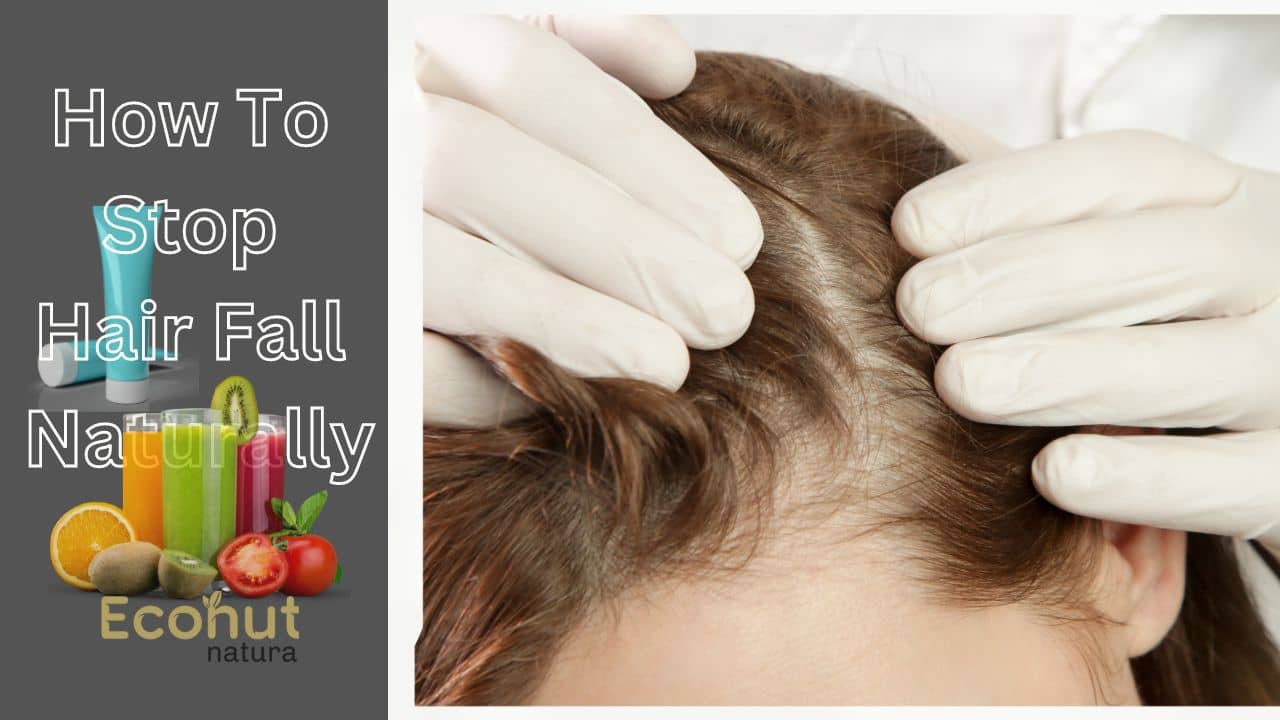
Hair loss is on the rise, and while it may not have a direct physical impact on health, it can have a big emotional impact.
There are several reasons of hair loss, including heredity, hormonal imbalances, fungal disorders of the scalp, stress, autoimmune illnesses, and nutritional deficiencies, but there are a few natural remedies that may be utilized to regenerate hair.
Excessive hair loss may be a distressing issue, creating worry and lowering self-esteem, particularly in women. Hair loss can be treated with home treatments if it is correctly identified, which is both natural, efficient for hair protection and How to stop hair fall.
Reduce Stress
Stress may have a significant influence on the health of hair. Graying hair is the most common side effects of stress. Taking care of mental health through difficult times is therefore one of the greatest hair fall cures you can do.
Stress is a core cause of many health issues, including hair loss. It can also interfere with hair growth and cause premature greying. You may work on this by practicing meditation, yoga, and other things that will keep you physically and psychologically fit.
Healthy Diet
- Mediterranean Diet: The Mediterranean diet, which is high in raw vegetables and fresh herbs, may lower the incidence of androgenic alopecia or delay its beginning. Hair is strengthened by eating foods like parsley, basil, and salad greens.
- Protein: Keratin, a protein, is the main component of hair follicles. Proteins are constructed from amino acids. Consuming protein-rich diets can aid in the prevention of hair loss. Eggs, almonds, beans and peas, fish, low-fat dairy products, chicken and turkey are also good choices.
- Vitamin A: Vitamin A contains retinoids, which promote healthy hair development and impact the hair cycle. However, it is dose-dependent, which means that too much or too little might harm the hair.
Hair Oil Scalp Massage
The Hair Massage the scalp to increase blood circulation and awaken dormant hair follicles, which is critical for preventing hair loss and promoting new hair development.
Massage coconut oil, Argan oil, peppermint oil, and castor oil into hair to prevent hair fall and boost hair growth. The oil can also be heated and rubbed for hot oil therapy. It penetrates the scalp’s deepest layers, regenerates hair follicles, and strengthens hair from the roots.
Use Gentle Shampoo
Wash the hair with a light herbal or medicated shampoo after the oil massage or hair mask. It will aid in the reduction of dandruff and excess oil.
With your fingertips, massage the scalp in a circular manner. Shampoo the hair strands with a scrunching motion rather than rubbing them. Additionally, shampoo hair twice a week to remove any additional debris or build-up.
Understanding scalp type and selecting the proper shampoo are critical. Hair must also be cleansed according to the scalp. Over-washing hair with a dry scalp can cause hair loss, as cannot clean greasy locks three times a week.
Natural Hair Oils How to Stop Hair Fall
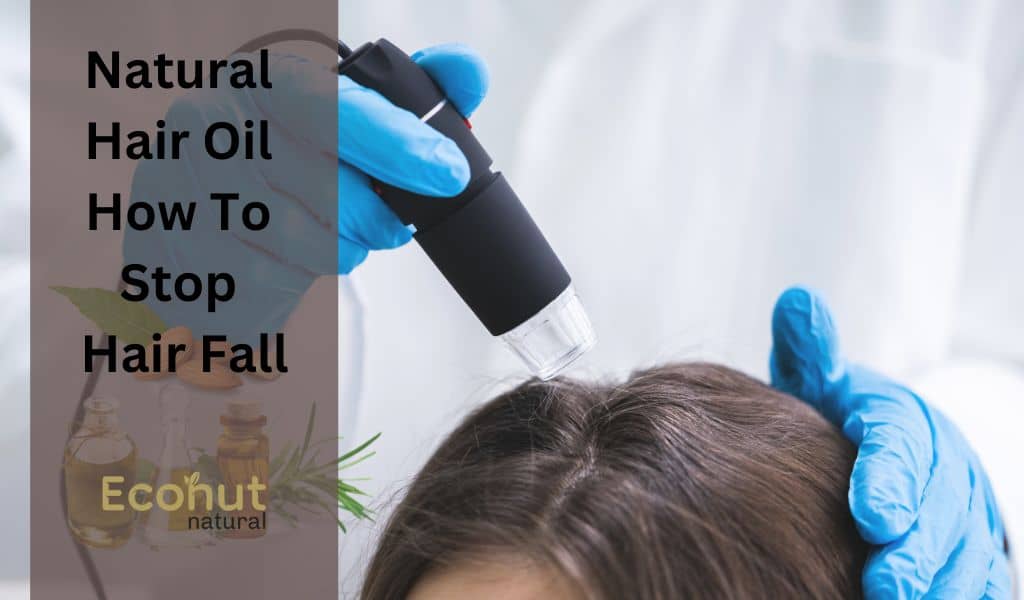
Hair loss is on the rise, and while it may not have a direct physical impact on health, it can have a big emotional impact. Hair loss can be caused by a variety of factors, including heredity, hormonal imbalances, fungal scalp problems, stress, autoimmune illnesses, and nutritional deficiencies.
Plant essential oils are extracted using procedures such as distillation or evaporation. While essential oils are well known for their fragrant effects, they also have powerful chemical capabilities that might benefit health.
Some essential oils have the added advantage of improving hair health. Different oils can help with everything from hair growth to strength and luster.
1. Coconut Oil
Coconut oil, which is widely available, is one such hair oil with several hair benefits. It hydrates the scalp and fortifies the hair shaft. The oil contains vitamins and minerals that assist to strengthen the hair while making it smooth and lustrous. This oil may be used to moisturize and seal hair as a hair mask and leave-in treatment.
This Coconut oil is abundant in fatty acids, which penetrate the hair follicles and feed the hair from the roots. It is also high in vitamins and minerals. Aside from encouraging hair development, coconut oil maintains hair silky and lustrous while also protecting it from heat damage. Regular use also aids in the prevention of dandruff, split ends, and hair breakage.
2. Almond Oil
Almond oil is excellent for dry, damaged hair. It is a good hair healing agent due to the presence of vitamin E, fatty acids, and other vital hair boosting proteins. Because of its nutritious characteristics, it also works as a natural conditioner for hair. Almond oil contains magnesium, which aids in the prevention of hair loss and How to stop hair fall.
Applying almond oil to the hair gives luster and smoothness. The oil is high in antioxidants, which help combat environmental issues and slow down the ageing process of hair. Flaky scalp can be treated with almond oil. A tiny quantity of almond oil applied straight to the scalp promotes blood flow and distributes potent antioxidants to the scalp’s surface.
3. Sesame Oil
Sesame oil is quite beneficial for promoting rapid hair growth. The Sesame oil is high in important nutrients for the body and hair. When applied to the hair and scalp, this oil can encourage hair growth, strengthen it, and make it shinier.
This Sesame oil is high in nutrients that are beneficial to the body and hair. Thus, including sesame oil or seeds into meals helps hair health. Applying this oil to the scalp and hair can help it grow longer, stronger, and shinier.
4. Neem Oil
For centuries, Neem oil has been popular hair oil. Neem oil is particularly useful in combating dandruff and soothing an itchy or irritated scalp due to its antibacterial and antifungal characteristics. It is also high in fatty acids, which promote healthy and rapid hair growth. It strengthens hair from the inside out and prevents thinning and breakage.
Neem oil is high in fatty acids, which benefit the scalp in a variety of ways. This oil, when applied to the scalp on a regular basis, strengthens the hair follicles and encourages hair growth. Neem oil inhibits excessive sebum production, which is the root cause of hair loss and stalled development.
Home Therapies How to Stop Hair Fall
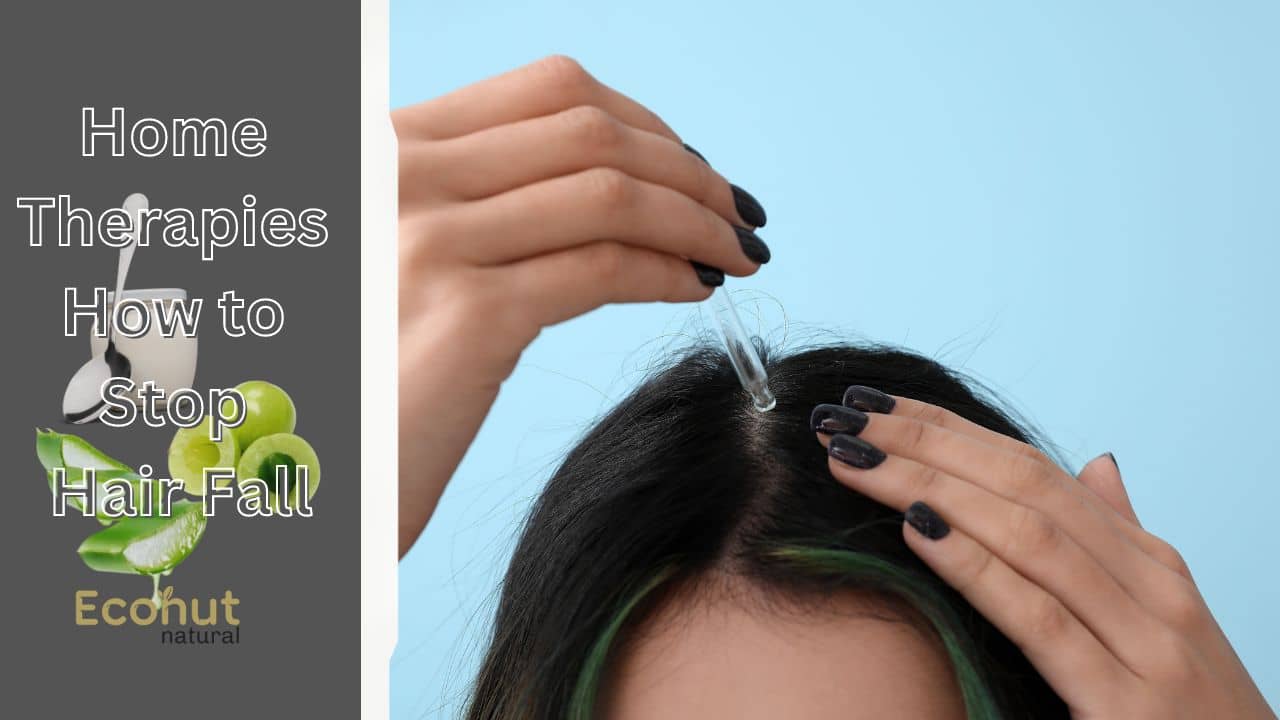
Hair loss is one of the most prevalent issues that both men and women face. Aside from hereditary reasons, there are several additional causes of hair loss, such as stress,
Hormonal imbalance, nutritional inadequacy, age, scalp infections, certain medical diseases or drugs, air pollution, and poor blood circulation.
It is typical to lose 50 to 100 hairs every day. When it begins to lose more hair, it is necessary to pay attention to the hair and scalp. There are several home cures for controlling, preventing hair loss and How to stop hair fall that use readily available materials.
1. Aloe Vera
Aloe Vera is a powerful home treatment for hair loss and growth. It is also useful for treating scalp issues such as irritation and itching. The somewhat alkaline aloe Vera restores the scalp’s natural pH level. It is also useful for treating dandruff. It promotes hair development by entering the scalp deeply.
How to use
- Extract the pulp from the aloe Vera stem.
- Apply it to the scalp and hair and keep it on for 45 minutes.
- Wash with plain water.
- To obtain greater results, repeat this three to four times each week.
2. Amla
Amla Increases Hair Growth Another helpful home cure for preventing hair loss is Indian gooseberry or amla. One explanation is a lack of vitamin C; therefore ingesting amla will strengthen and manage hair follicles. It is anti-inflammatory as well as exfoliating. Amla promotes quicker hair growth, maintains the health of the scalp, and prevents premature greying.
How to use
- Combine dried gooseberries with coconut oil and heat until the oil becomes black.
- Allow the oil to get to room temperature before massaging it into scalp.
- Allow it to sit for 30 minutes before washing it off with warm water and shampoo.
- Make a paste with lemon juice and amla powder for the second procedure.
- It should be massaged into the scalp and hair.
- Cover head with a shower cap to prevent the paste from drying out.
- Allow it to sit for an hour before washing it off with warm water.
- For lustrous locks, repeat these steps twice a week.
3. Yogurts
Yogurt is high in probiotics, which cause an acidic pH. Acidic pH can change the cuticles of the hair, making it lustrous and reducing damage that can lead to hair breakage and loss.
The Yogurt improves the health of hair follicles. Yogurt contains vitamins B5 and D, both of which are proven to support hair follicle health.
How to use
- In a mixing dish, combine 2 tablespoons curd and 2 tablespoons lemon juice.
- Apply this paste to the scalp and roots with a dye brush.
- Allow it to sit for 30 minutes before rinsing with cool water.
- Once a week, apply this paste.
4. Shikakai
Shikakai has been used for hundreds of years in India to heal hair. The Shikakai tree’s pods, leaves, and bark are high in vitamins A, C, D, E, and K. It may be used as a shampoo, hair oil, or even a hair mask to bring nutrients and speed to the hair.
This Shikakai is frequently regarded as a natural alternative to shampoo due to its exceptional hair cleaning capabilities. Shikakai, which is high in antioxidants and vitamins A, C, K, and D, helps nourish and preserve hair health.
How to use
- Sun-dry the Shikakai pods before grinding them into powder.
- In a container, combine two spoons of this powder with two tablespoons of coconut oil.
- Massage this mixture into hair at least twice a week.
Wrapping on Hair Fall
Diet and lifestyle adjustments and regular scalp and hair care can help strengthen hair and How to stop hair fall. This, in turn, will prevent hair fall and increase hair growth. Hair loss can be caused by a variety of nutritional deficits. Genetic abnormalities, medical problems, and dietary behaviors can all cause nutrient shortages.
It is critical to devote time each day to hair nourishing. If hair loss is caused by emotional or stressful situations, you should take this step and practice self-care. Maintain a healthy lifestyle that supports hair treatment regimen.
Almost every woman loses her hair at some time in her life. There are several reasons of hair loss, including an improper diet, hereditary problems, thyroid issues, and others. Female pattern baldness, which is caused by hormonal imbalance, is another major cause of hair loss in women.
Hair loss can cause thinning and baldness. There are a few home cures for How to stop hair fall and restoration that may be attempted. Massage the scalp often with castor oil, coconut oil, or curry leaf oil.

